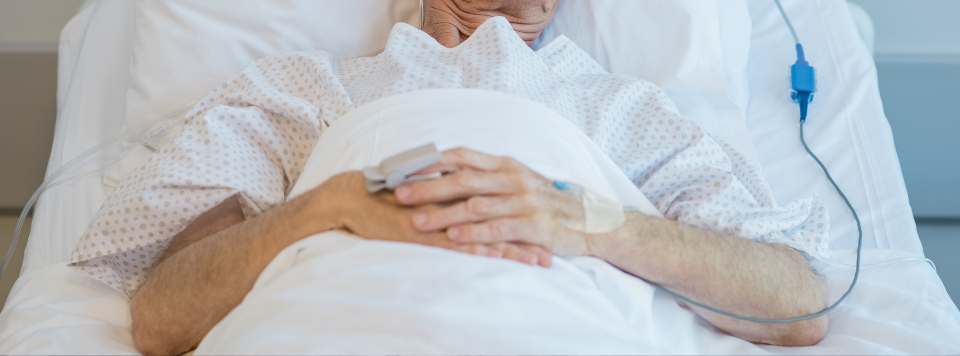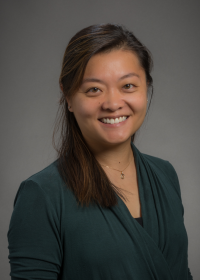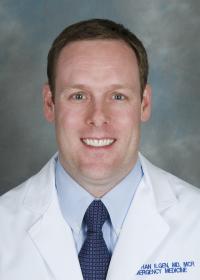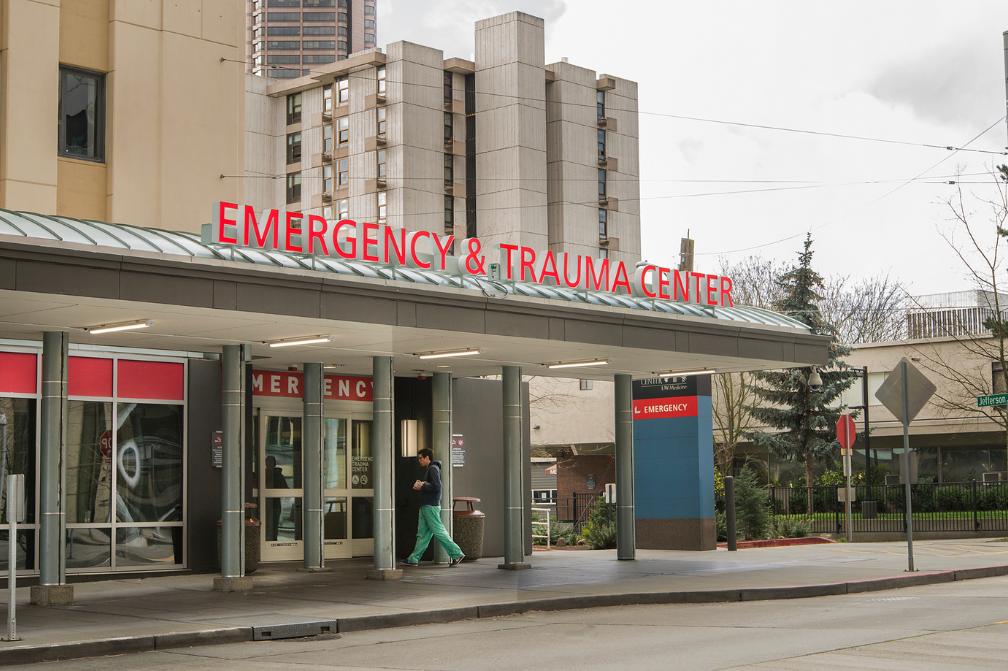
Dr. Nichol Supervises New Study Aiming to Improve Heart Attack Identification, Treatment
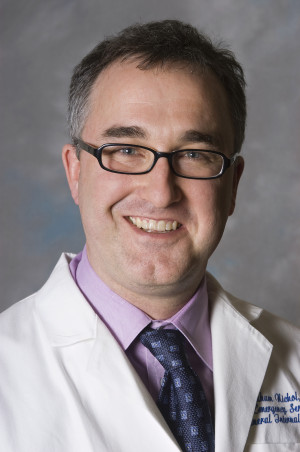
 A new study condcuted by Dr. Graham Nichol, will look to improve how quickly a heart attack is identified and treated. Emergency medicine physicians, cardiologists, and nurses have started a proof-of-concept study to look at the feasibility of using a novel bloodless troponin sensor with patients transported to Harborview Medical Center’s Emergency Department after resuscitation from out-of-hospital cardiac arrest.
A new study condcuted by Dr. Graham Nichol, will look to improve how quickly a heart attack is identified and treated. Emergency medicine physicians, cardiologists, and nurses have started a proof-of-concept study to look at the feasibility of using a novel bloodless troponin sensor with patients transported to Harborview Medical Center’s Emergency Department after resuscitation from out-of-hospital cardiac arrest.
About 400,000 patients have out-of-hospital cardiac arrest (OHCA) annually, and many patients with OHCA have acute blockage of a coronary artery, leading to heart attack. Rapidly identifying this acute blockage is necessary so that doctors can perform percutaneous coronary intervention (PCI) to reopen the artery that contributed to cardiac arrest.
According to Dr. Nichol, an electrocardiogram is traditionally done to check whether a patient has a blocked coronary artery, but this is not very accurate in patients who have had cardiac arrest. Physicians also measure levels of heart proteins (i.e., troponin) in the blood to identify blocked arteries. But this usually requires drawing a blood sample and then processing the sample in a laboratory.

Both can delay the time to diagnosis of acute blockage of an artery.
Emergency physicians or cardiologists, along with nurses, will place a device on a patient’s wrist, perform a self-check, then measure troponin within roughly three minutes of application. If the device works properly, it could be used to shorten the time to diagnosis of acute blockage of a coronary artery.
The Institutional Review Board has approved the study with a waiver of consent since it is not feasible to obtain consent during this emergency care period. The measured protein levels collected in this study will not be used to guide care. With this reduced time to diagnosis, Dr. Nichol said it could lead to a more efficient triage of patients, and ultimately improve survival and health-related quality of life.
Thirty patients will be enrolled, and Dr. Nichol expects to report findings sometime next year.





